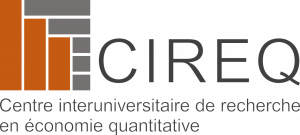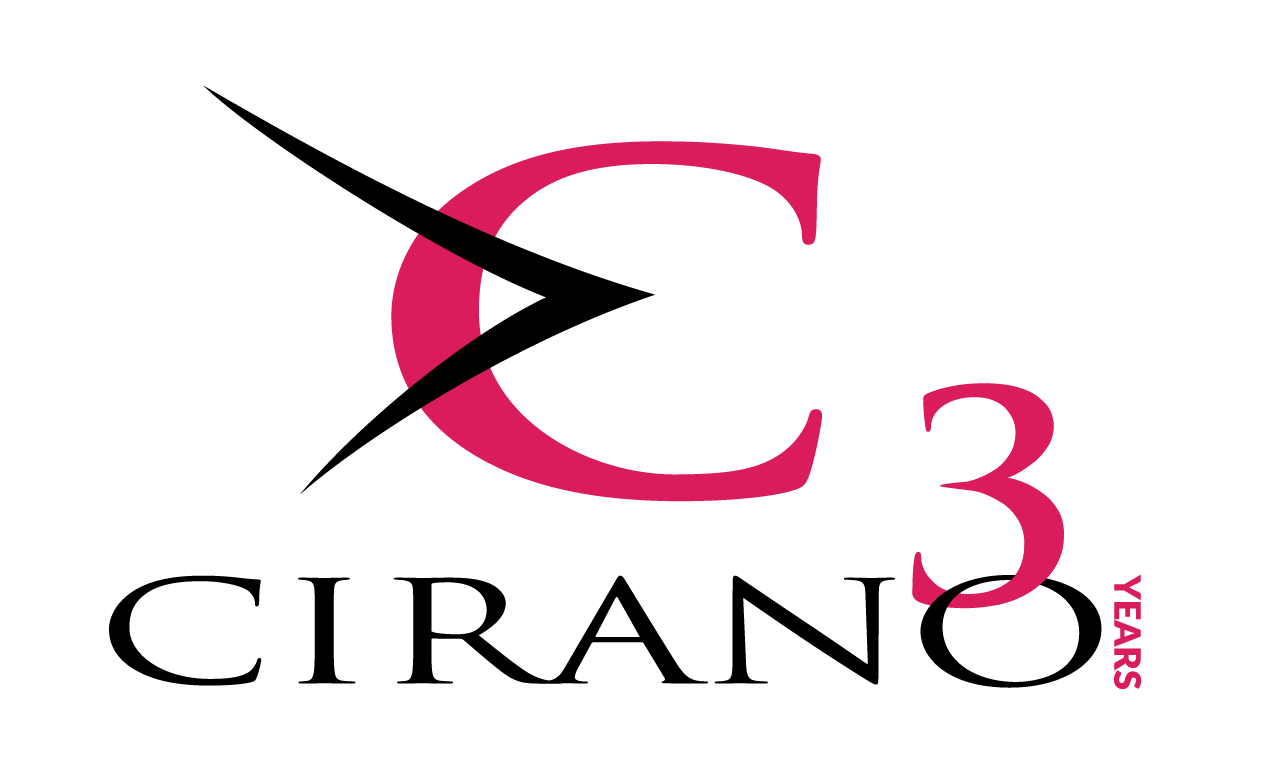

This interdisciplinary day concluded the CIRANO-CIREQ Workshop on Environmental and Natural Resource Economics organized by Hassan Benchekroun (McGill University), Sophie Bernard (Polytechnique Montréal, CIRANO), Robert Cairns (McGill University), Justin Leroux (HEC Montréal, CIRANO) and Charles Seguin (HEC Montréal, CIRANO) and presented with the support of CIREQ and CIRANO.
This event featured Pooneh Maghoul (Polytechnique Montréal), Ermanno Napolitano (McGill’s Faculty of Law), Anna Lou Abatayo (Wageningen University), Juan Moreno-Cruz (University of Waterloo) and Katie Dagon (National Center for Atmospheric Research).
- Pooneh Maghoul (Polytechnique Montréal)
Engineering with Microbes for Climate Change Adaptation in Geotechnical Practice
RésuméPermafrost is likely the greatest source of terrestrial carbon sink in human history. It is currently estimated that permafrost stores between 1,460 and 1,600 billion tonnes of organic carbon. This amount is about twofold the amount of carbon in the atmosphere today. Emissions from permafrost are already estimated at between 0.3 and 0.6 billion tons of carbon each year, roughly equivalent to 7 percent of the world’s total carbon emissions from burning coal, oil and natural gas. This process, which is called positive carbon feedback, can shift the permafrost from a sink of carbon to a source. In this presentation, the foundations of a Climate-ThermoHydroBiogeoChemical model to assess the impact of vegetation and microbial succession on permafrost carbon/methane emissions will be presented. In a warmer world, permafrost thaw and decomposition of previously frozen organic carbon seems to be one of the more likely positive feedbacks from terrestrial ecosystems to the atmosphere. Furthermore, the development of a cutting-edge nature-based nano-enhanced biocementation technique for green ground improvement will be presented. This includes the laboratory and physical modeling proof-of-concept study.
- Ermanno Napolitano (Faculté de droit de McGill)
Speculative legal thinking around the question of solar geoengineering
Résumé
Solar geoengineering is a set of speculative technologies that could potentially lower global mean temperatures in response to global warming by increasing Earth’s albedo. It is often proposed as a temporary measure to “buy time” while humanity embraces full decarbonization, or to limit global warming’s hazards should full decarbonization be unfeasible. Yet, solar geoengineering brings immense challenges across, among others, moral, ethical, legal, governance and justice dimensions. This presentation elaborates, from a critical legal perspective, on some of these challenges and on how they find fertile ground in the western, anthropo-centered, modern paradigm that is translated in the dominant system of laws, a system increasingly subjected to strong critiques. In doing so, the presentation attempts, through a speculative legal approach, to go beyond critique and push the boundaries of what could come to be next and how, as a multidimensional collective, we could achieve so.
- Anna Lou Abatayo (Wageningen University)
Governing Solar Geoengineering
Résumé
Solar geoengineering might reduce the economic and ecological impacts of global warming. However, its governance is challenging since climate preferences vary across countries, excessive climate geoengineering relative to the socially optimal level is a likely risk. There is also the risk that the availability of solar geoengineering technologies could lower climate mitigation efforts. Through a laboratory experiment on a public good-or-bad game, we find compelling evidence of global geoengineering exceeding the socially efficient level and leading to welfare loses. The existence of counter geoengineering technologies as well as the ability of decision-makers to form treaties and make side payments are unable to fully bring the economy back to its socially efficient level. In fact, the ability to counter geoengineer generates high pay-off inequalities as well as heavy welfare losses. In future projects, we wish to understand the implications of having solar engineering as part of a policy-makers portfolio of instruments to combat the negative effects of climate change.
- Juan Moreno-Cruz (University of Waterloo)
A Unifying Theory of Foreign Intervention in Domestic Climate Policy
Résumé
We propose a theory of climate-policy-motivated foreign intervention to study different forms of international climate governance in the presence of power imbalance. Foreign countries have at least three options to intervene in another country’s domestic climate policy: i.) Agreements with Extraction; ii.) Agreements with Transfers; and iii.) Agreements with Sanctions. We distill the fundamental properties of different climate policy options into a simple parameterization and examine the incentives and preferences for each type of foreign intervention. We find that the preference for the type of foreign intervention depends critically on the policy externality of different domestic climate policies.
- Katie Dagon (NCAR)
Modeling the Climate Impacts of Solar Geoengineering on Land-Atmosphere Interactions
Résumé
Solar geoengineering refers to a set of proposed methods to mitigate climate changes from greenhouse warming by manipulating the incoming solar radiation. Climate modeling studies have demonstrated the potential of solar geoengineering to counteract impacts from climate change. This talk will explore the physical climate impacts of solar geoengineering in a modeling context, focusing on land-atmosphere interactions. Specifically, we will examine changes in the terrestrial hydrologic cycle, climate variability and extremes, and vegetation-climate interactions under global model simulations of solar geoengineering and increased greenhouse gas forcing. Our modeling framework utilizes a suite of ensemble simulations with different solar geoengineering implementation strategies to sample internal variability and scenario uncertainty. Throughout, we will consider tradeoffs between climate change and solar geoengineering to improve understanding of the potential benefits and risks of climate intervention strategies.
This event was held in English.




